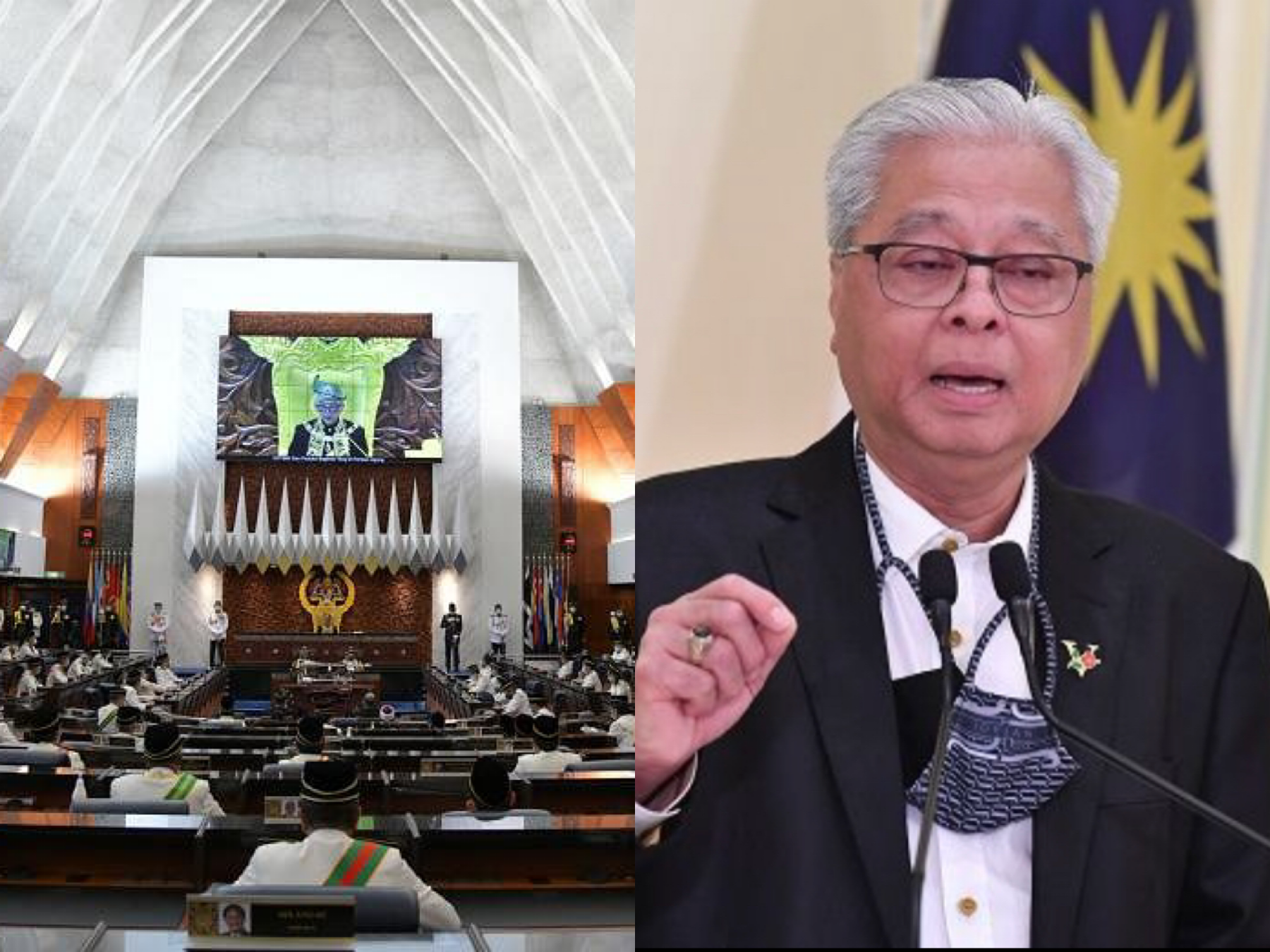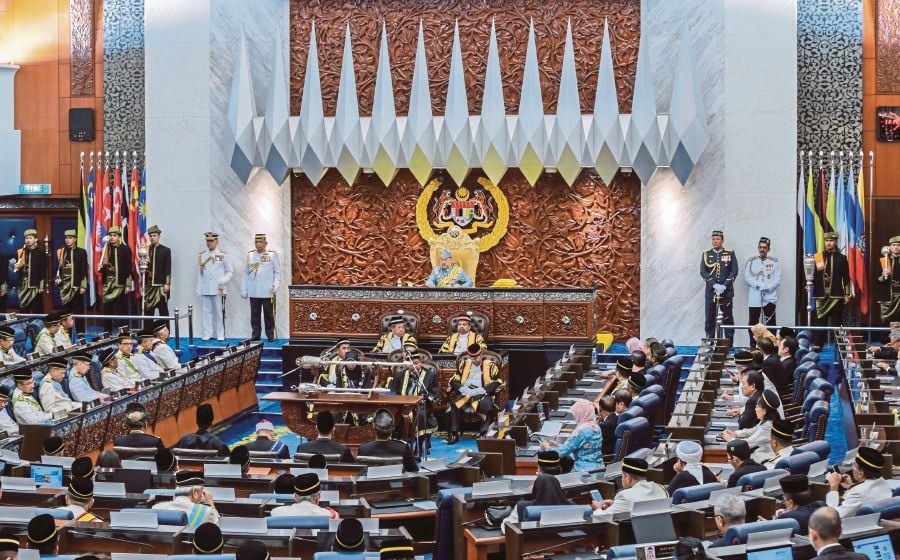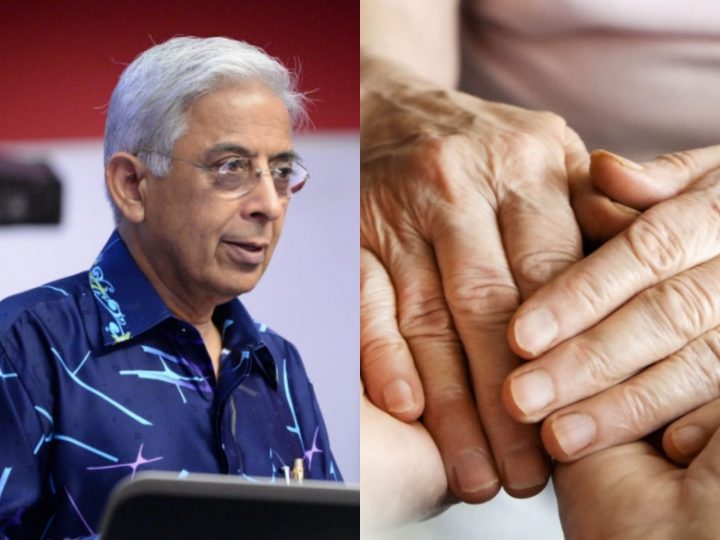What Does The Anti-Party-Hopping Law Mean? Politicians Call Out Issues That Disrupt The Economy
 Thirsty for JUICE content? Quench your cravings on our Instagram, TikTok and WhatsApp
Thirsty for JUICE content? Quench your cravings on our Instagram, TikTok and WhatsApp

As part of Prime Minister Ismail Sabri’s political reforms, the anti-party-hopping law that has been in the works for almost a year has finally been passed after many delays and meetings. The law was approved with a two-thirds majority.
Our country has been under the rule of three governments for the past two years, the result of many lawmakers and political figures switching parties multiple times. This caused the impression of political instability and rumours of upcoming elections to arise.

The Straits Times wrote on how this may affect our nation, and these are the main points:
A Member of Parliament has the exception to the rights to freedom of association, to avoid party defections. However, a recall election will be held each time an MP switches over to another party.
Following that, states will be able to revise their constitution so as to prevent party hopping between state legislators.
Should an MP resign, they are no longer banned from entering the elections for five years so that they can defend their seats during a recall election.
What this means is that an MP will lose their seat if they choose to jump to another party with the exceptions for MPs who are sacked by their party or if the party is dissolved or deregistered, according to news portal FMT. Also, the MP who becomes the Dewan Rakyat Speaker will be exempted from the law.
If they win the recall election as well, the MP will maintain their seat.

Meanwhile, Lim Guan Eng said today that the PM should call the 15th general election only after all states have enacted the anti-party hopping law.
According to Malay Mail, he pointed out that there were unresolved issues with the law that need to be revised before it became official, such as barring the elected lawmakers from hopping parties and disrupting the economy.
In an article by South China Morning Post, associate professor Awang Azman Awang Pawi talked about the purpose of the anti-hopping bill and what the realistic expectations we should hold to it:
“The anti-hopping bill is expected to at least help ease Malaysia’s political turmoil but will not able to realistically end it. There is still room in the bill that can be manipulated. In fact, when making the bill, many members of parliament who jumped parties were also involved in the process.”


 Get Audio+
Get Audio+ Hot FM
Hot FM Kool 101
Kool 101 Eight FM
Eight FM Fly FM
Fly FM Molek FM
Molek FM

